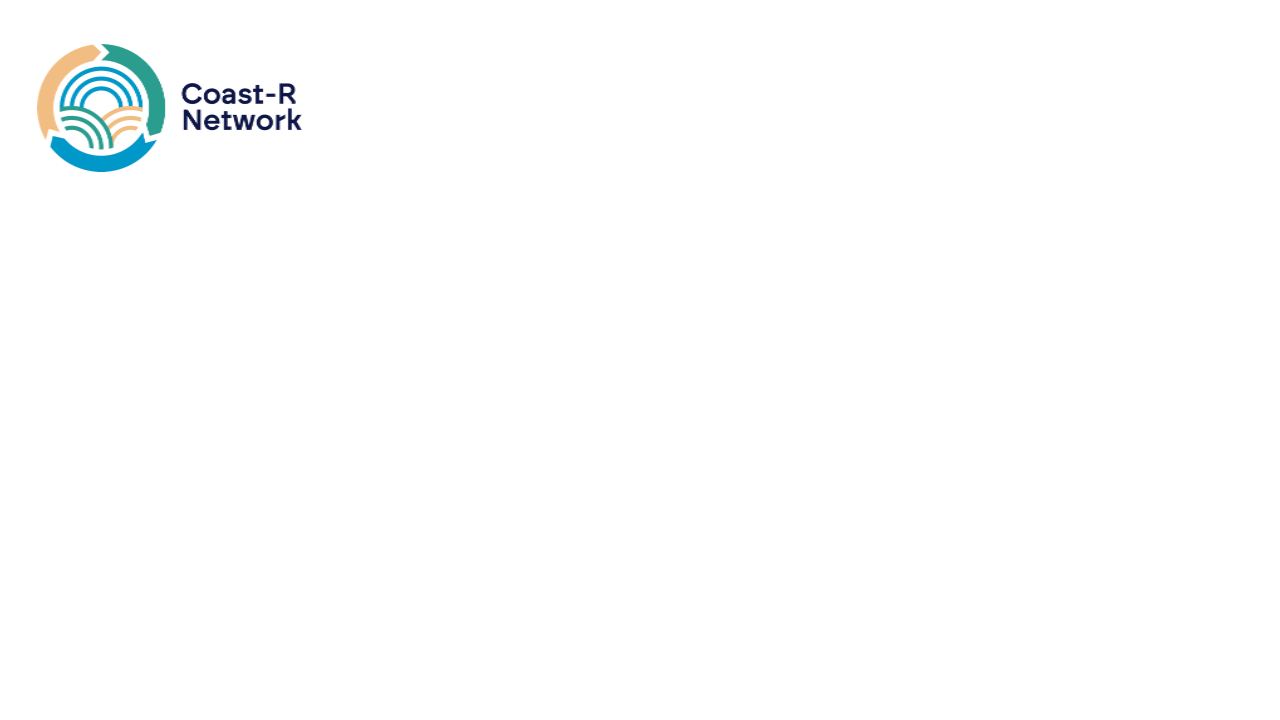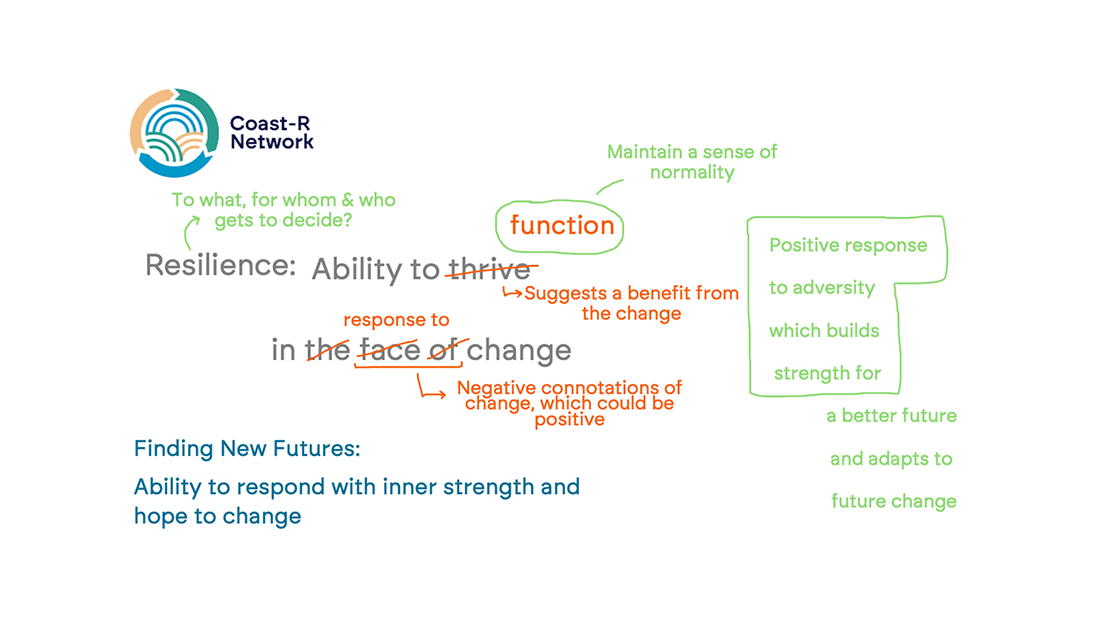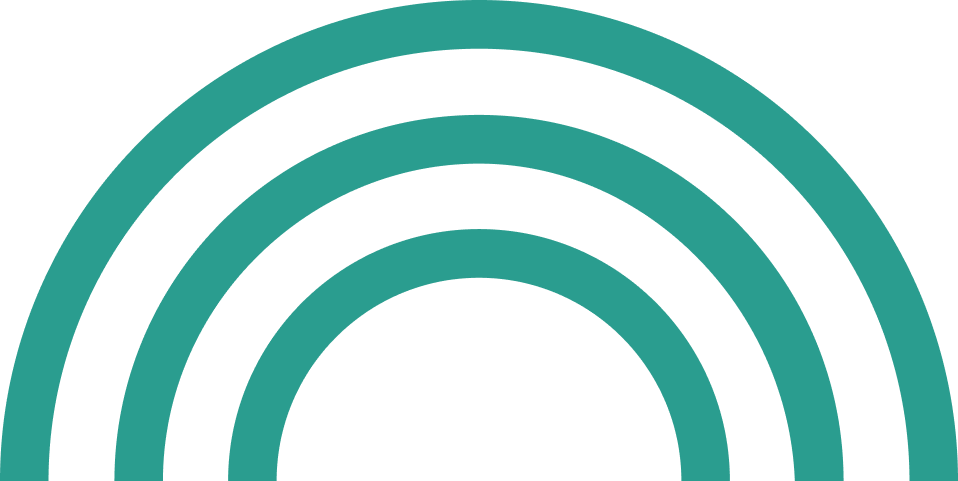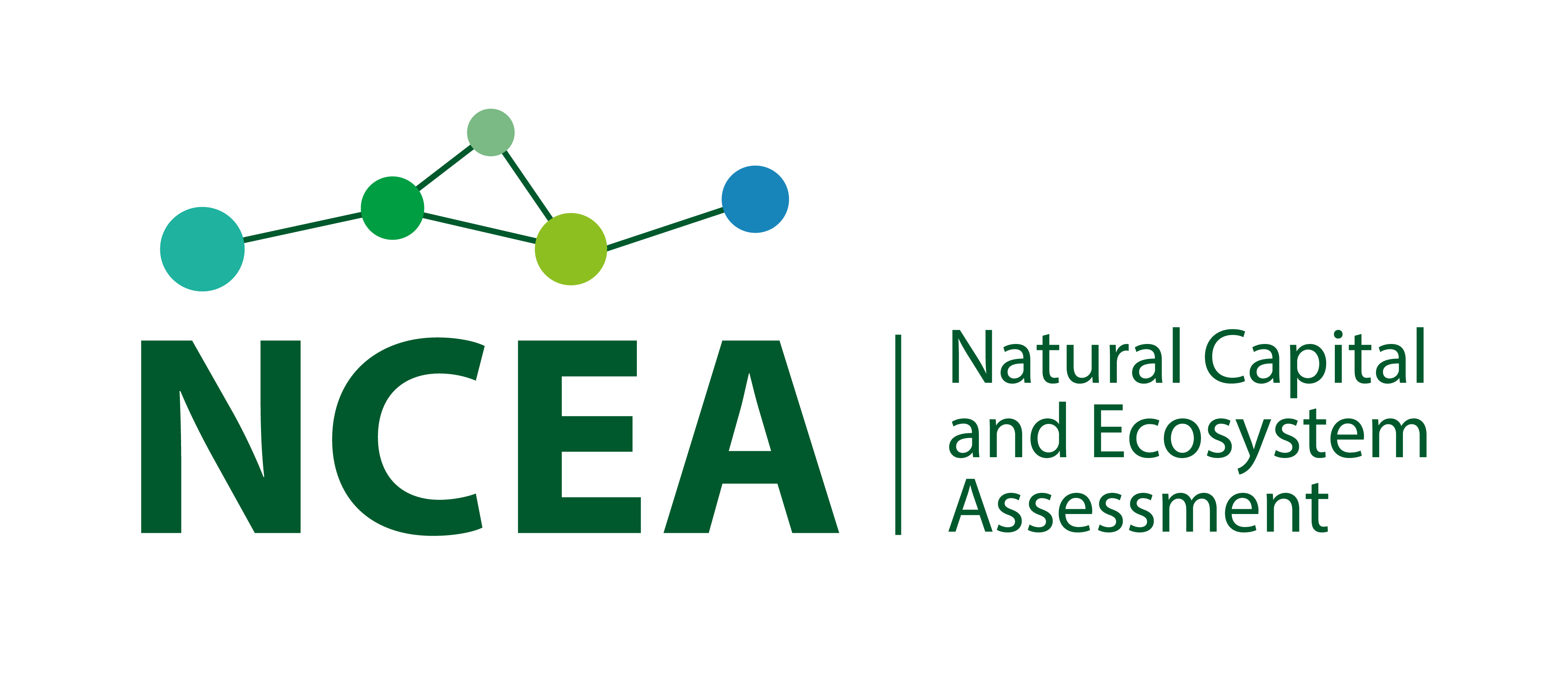Refrains: enough is enough
Less discussion, more decision-making. Less talk, more action. Less theory, more practice. These were strong refrains in the presentations, workshops, and informal conversations across the Coast-R Annual Forum in Glasgow in September 2025. We have enough data, we hold enough knowledge and it’s time—and beyond timely—to start doing more! And so it seems that the time for talking about words is past. Or put another way; the time for agreeing about words has long since arrived.
Keynotes: keeping to the word
In his keynote address for the Forum, Howard Wood OBE spoke eloquently of the successes of the Community of Arran Seabed Trust, the establishment of the No Take Zone in Lamlash Bay, and of the South Arran Marine Protected Area. He also spoke passionately about incidences of legalistic and bureaucratic wordiness that had, along the way, baffled and slowed-down the establishment of these valuable geographies. But his address also underlined the importance of the exact and exacting promises of legislative and political language: “zone” and “area” have precise, highly wrought definitions in this context, and to respect and insist upon these environmentalist meanings is not to take part in a hair-splitting or abstruse conversation about words; it is to require those in power to keep to their word, and punish and prevent illegal trawling.
Attachments: on the same page
Attached below, you will find a set of simple resources that are easy to share, quick to use, and that we hope will enable you to avoid misunderstandings so you can get on with your work. These documents each offer a selection of shared understandings of key terms from the Resilient UK Coastal Communities and Seas programme: “community”, “coastal seas”, “resilience”, “ocean literacy”, and “adaptation to climate change”. These understandings emerged from workshops with our community of practice, and they synthesise current perspectives from residences of coastal communities, businesses and charities (advocacy, activist, and arts organisations), government agencies, and a wide range of academic disciplines. The documents we have put together may help to ensure that your working group is on the same page in a few ways. They might be used as a provocation or starting point for agreeing your own bespoke definitions for your specific, place-based purposes. They might be used as an ice-breaker to enable disagreements to surface and resolve before they compromise your work. They might be used as a template for agreeing on other key terms. Alongside our set of lively understandings, an etymology and a select bibliography allow a longer historical perspective, and a guide to other ways in which these words and phrases have gathered meanings.
Frameworks: closed and open
Our approach to this glossary is inspired by the more familiar “dictionary” in two ways. Like dictionary makers, we are interested in the history of words, and the ways meanings shift across time and place; and like dictionary makers, we want to offer the possibility of settling on the best definition for the task in hand. But we have researched a range of other purposive, action-orientated wordy projects, and have named this a “Living Glossary” because we want to place emphasis on two further aspects—on two ethics—of speech acts. The first is sustained openness to different—local and wider—perspectives; and the second is efficiently reaching a common understanding. There are tensions here: how can we continually attend to diverse meanings but also agree on one meaning? How can we be contingent and certain at the same time? Our hope is that the Living Glossary will enable a balance between closing agreements and remaining open to new perspectives, and so can help you—as communities of place-based practice—to confidently make decisions and take action.

As part of the development of the Coast-R Network Plus Digital Engagement Platform, we are working on producing a living glossary methods guide to complement the resources attached here.
Jenna Kirk, Josie Baker, Larissa Naylor and Stephanie Jones – the Living Glossary team














